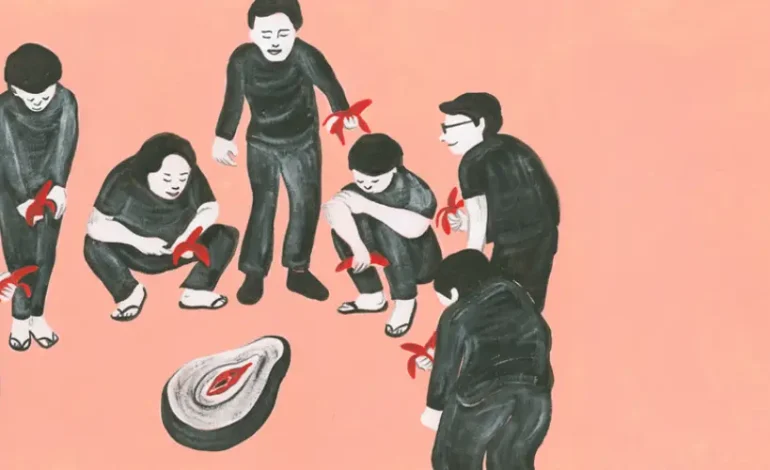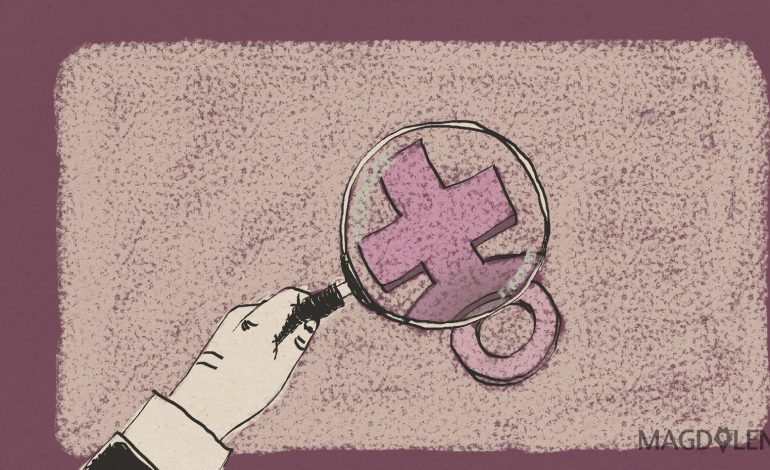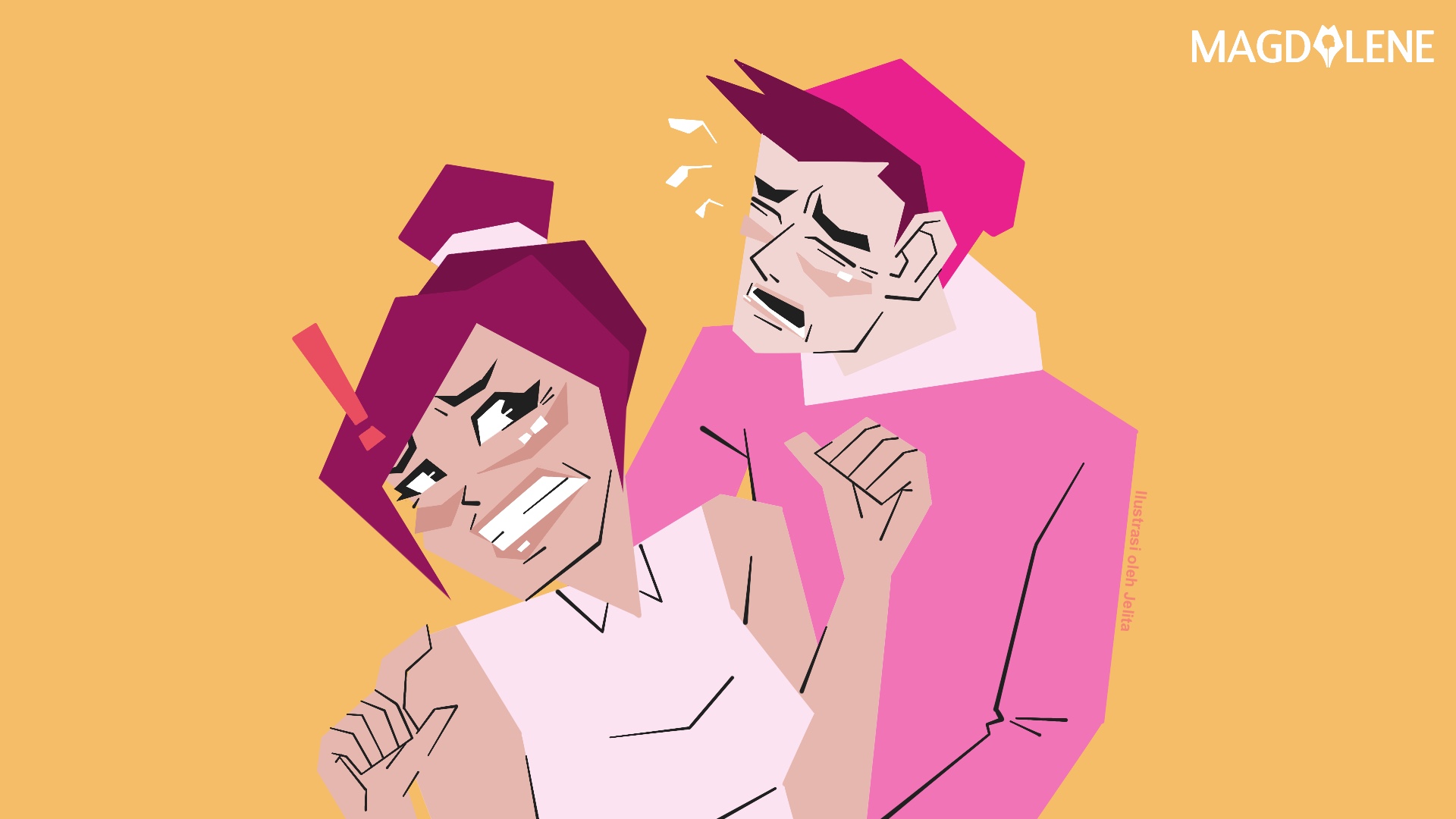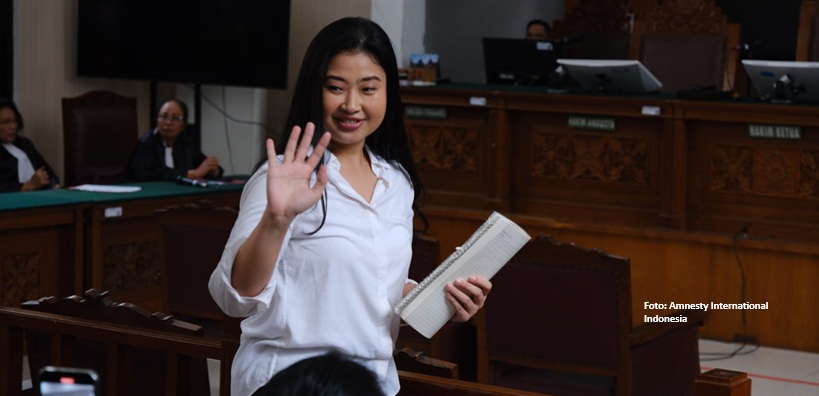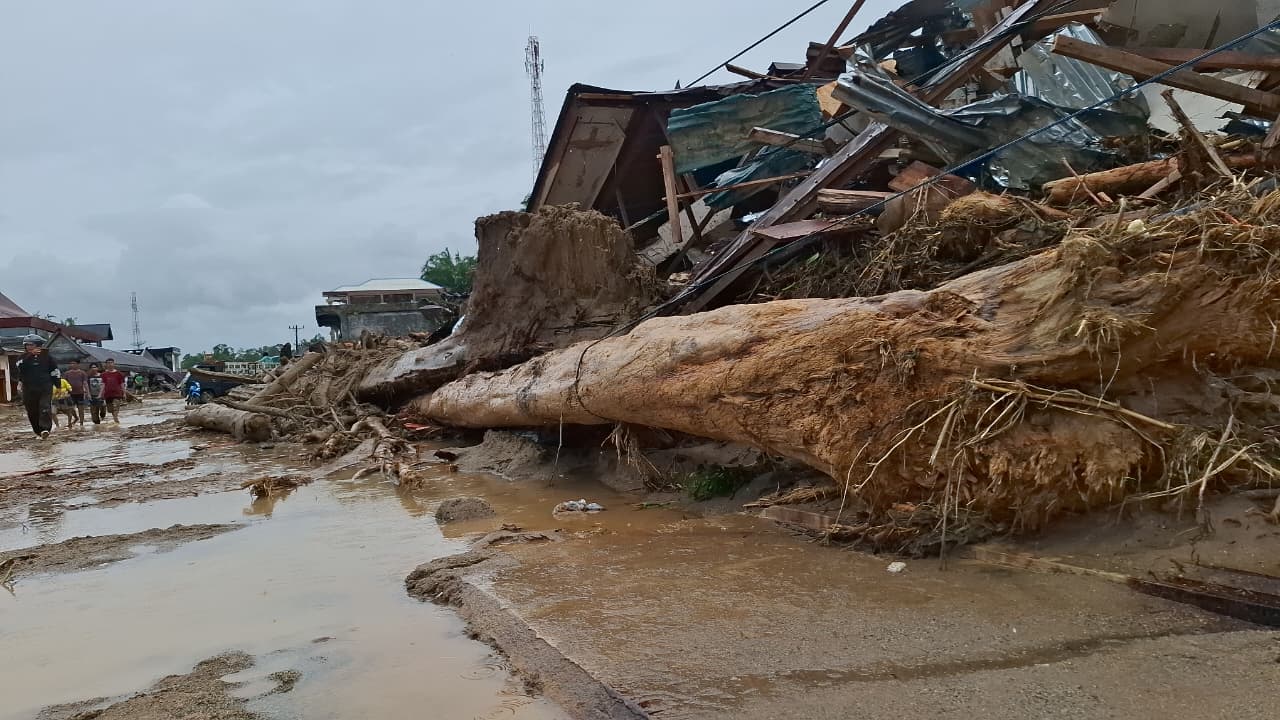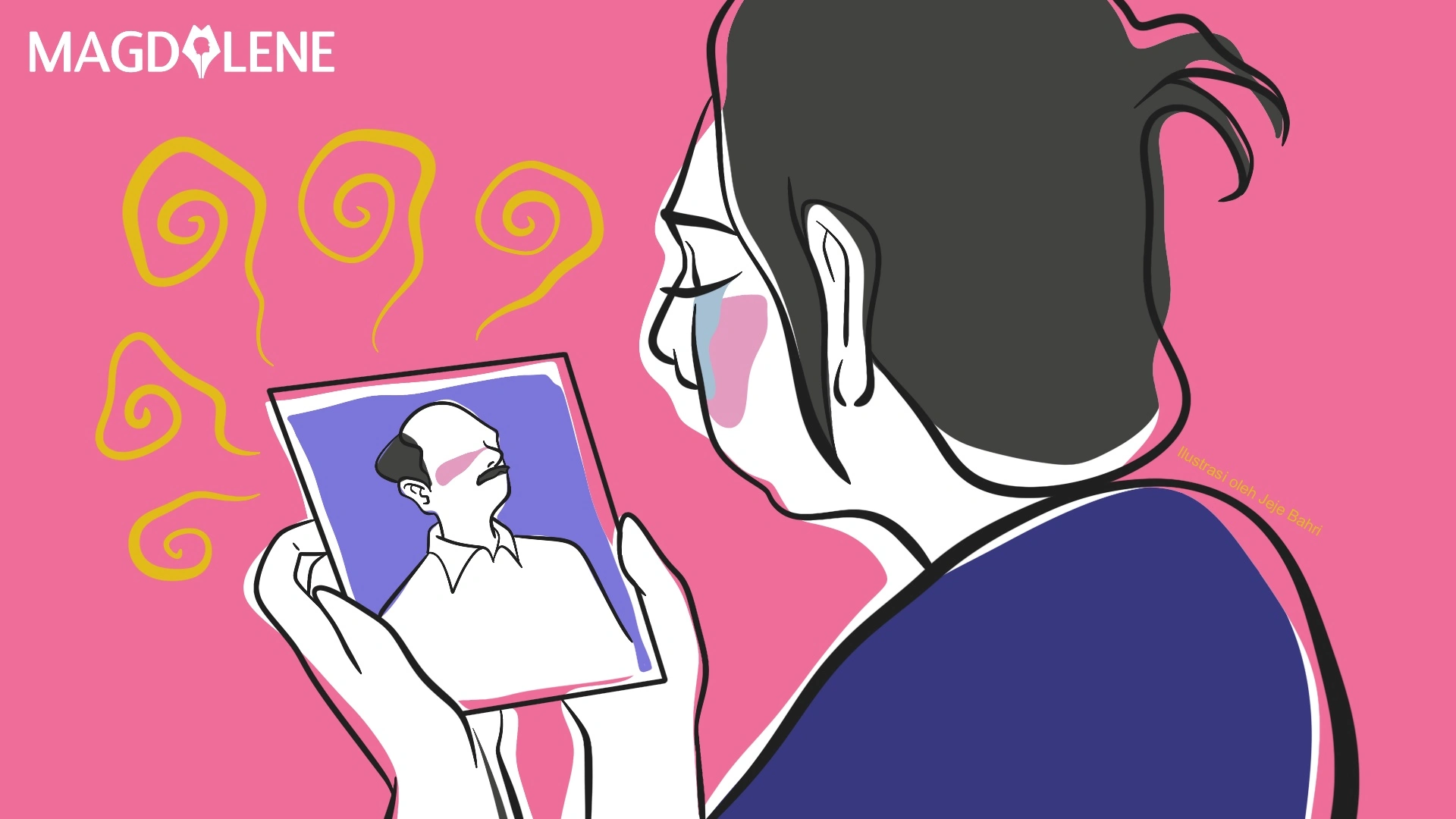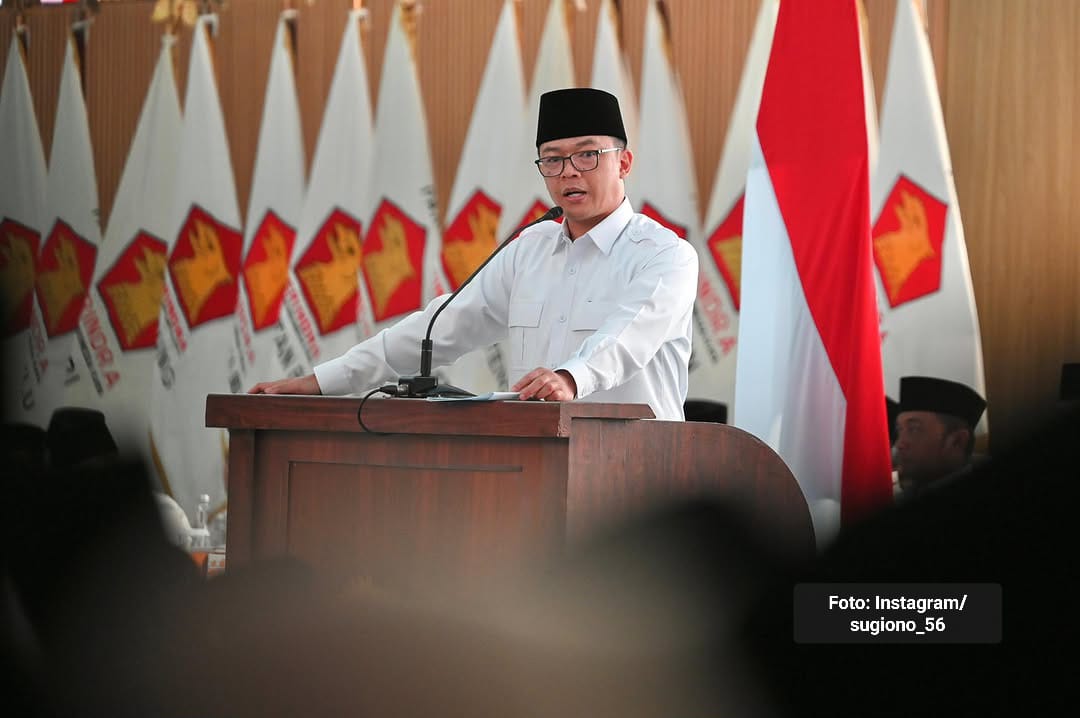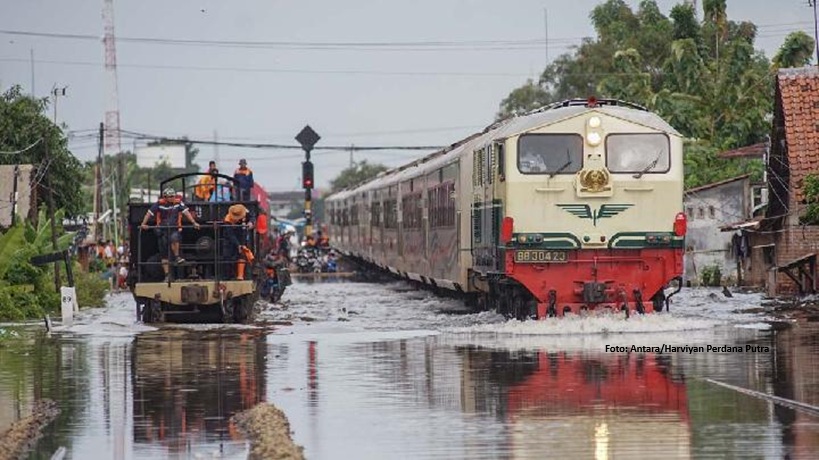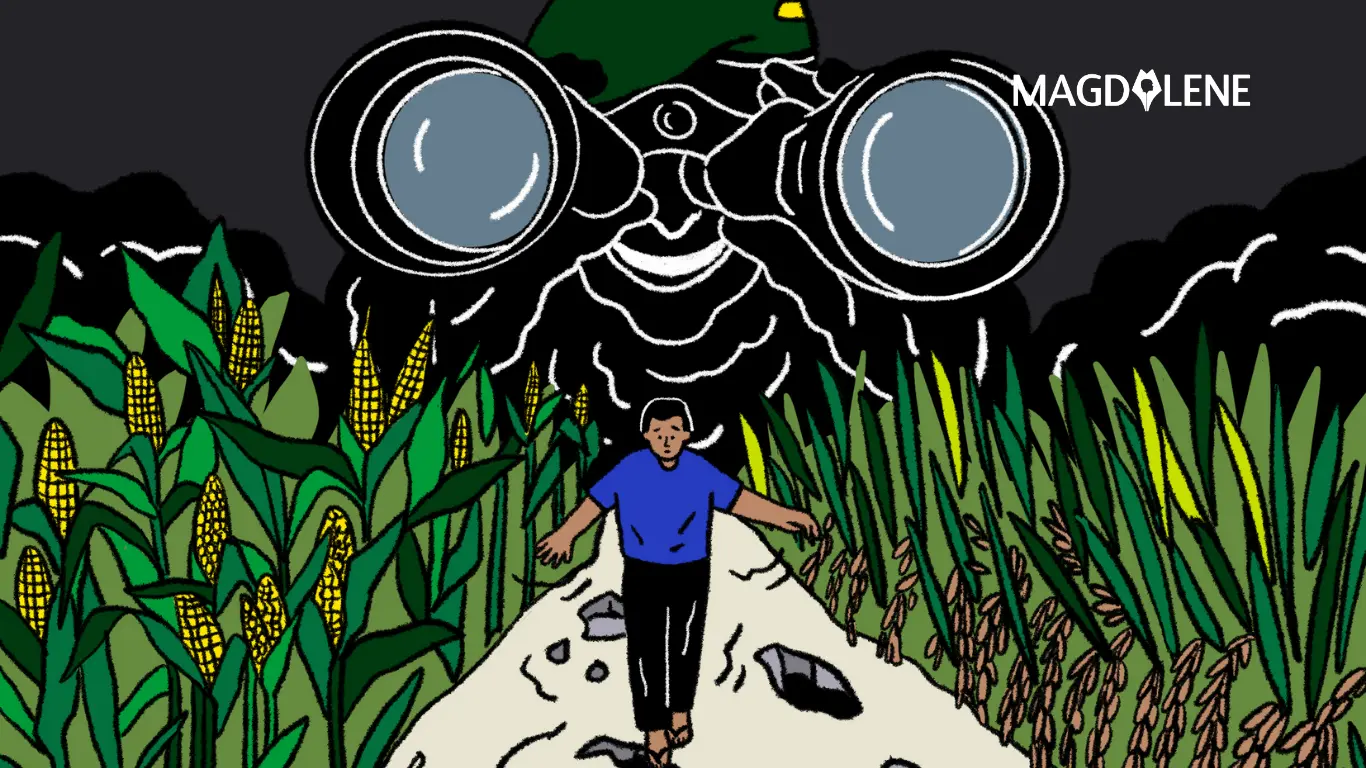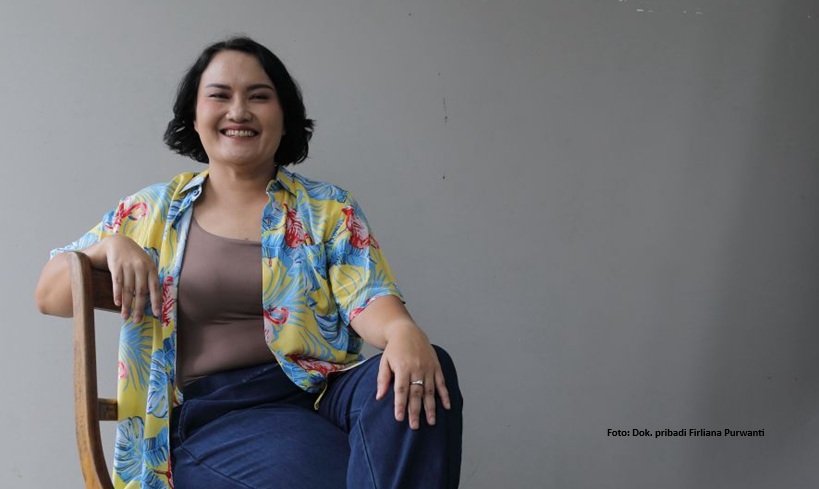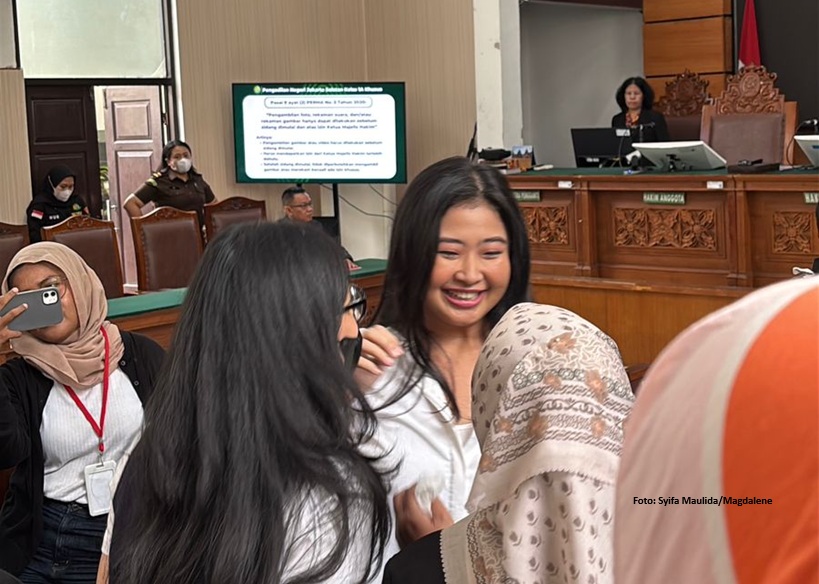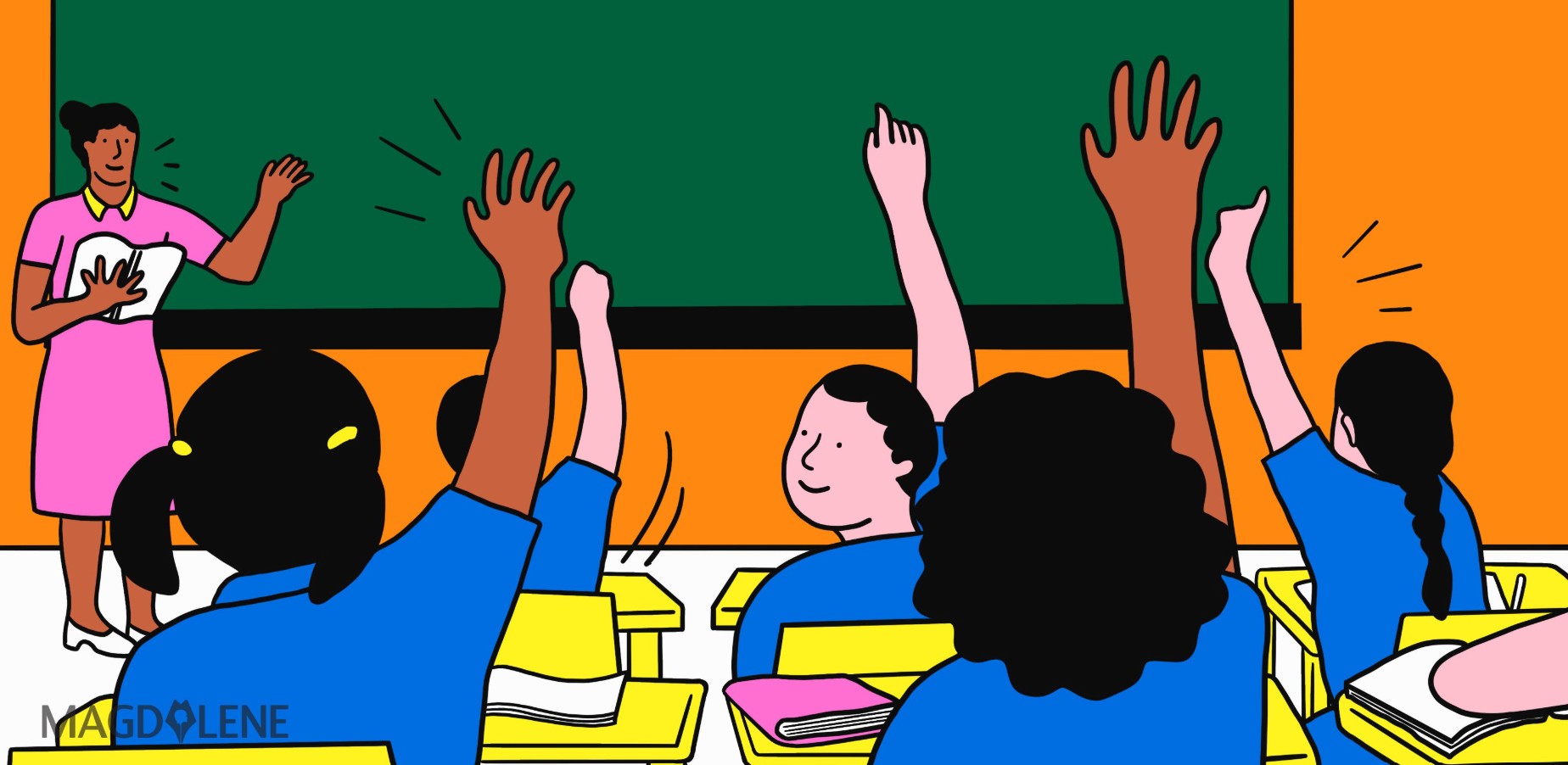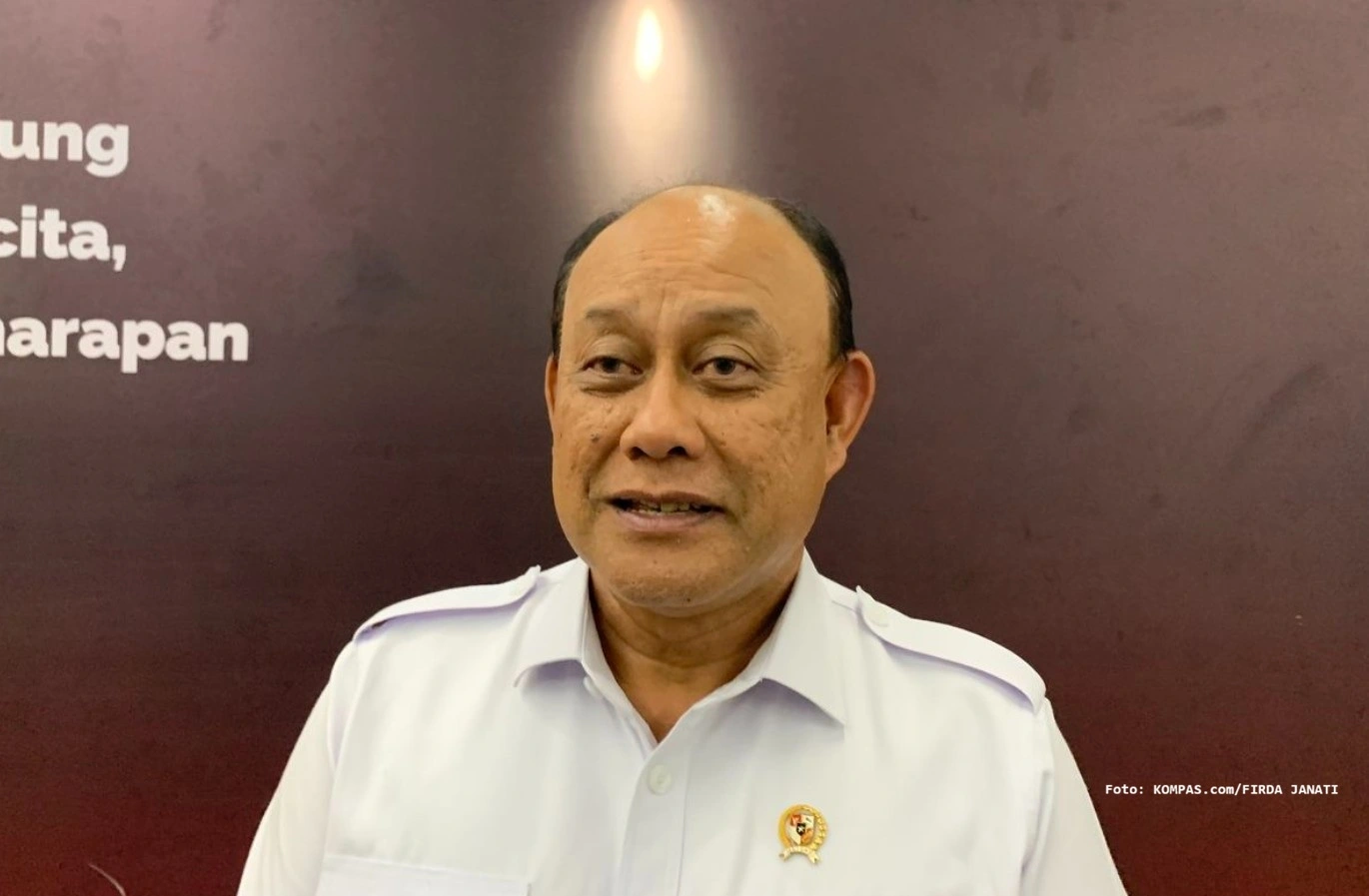Women Human Rights Defenders in RI Need Support and Protection
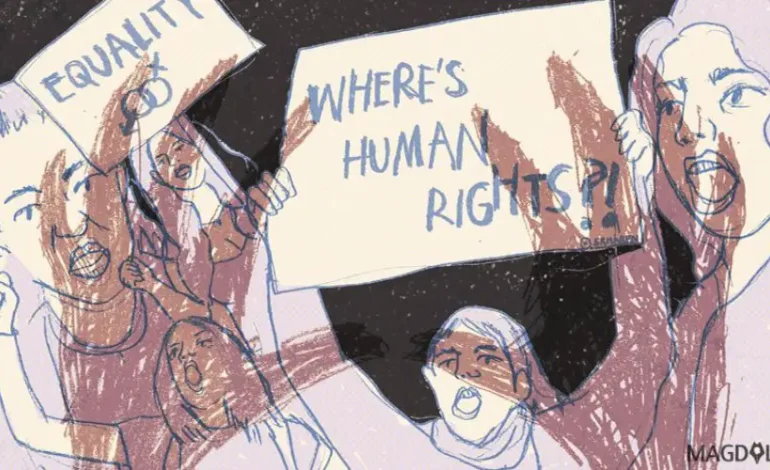
Women’s vulnerability to violence remains an unresolved problem in Indonesia, as systemic oppression continues to hinder victims’ access to justice. At the same time, women human rights defenders remain underappreciated with little to no legal protection, according to the National Commission on Violence against Women (Komnas Perempuan).
“To commemorate our two decades’ journey in ending violence against women, we want to shine a light on women human rights defender who have been helping our nation in fulfilling its duty to improve, respect, and protect human rights,” Komnas Perempuan Chairwoman Azriana Manalu said during a discussion marking the Commission’s 20th Anniversary on Wednesday, November 1st. “Despite their efforts and hard work, however, there is barely any protection for human rights defenders.”
In addition to reforming the law and developing better recovery system for victims, she calls for a better protection of women human rights defenders. She said of the four existing human-rights-related laws – the Domestic Violence Law, Human Trafficking Law, the Law on Legal Aid, and the Environment Protection and Management Law – none guarantees the safety of human rights defenders.
In a discussion to reflect on the Commission’s work and challenges, which was attended by representatives of several organizations, Komnas Perempuan Commissioner Tati Krisnawaty listed the challenges women human rights defenders often face in the field, ranging from intimidation, stigmatization, rape threats, death threats, alienation from their social circle, to eviction. Yet, no law protects them from these threats.
Despite the existence of the Witness and Victims Protection Agency – whose Deputy, Hasto Admodjo Suroyo, also attended discussion – to provide physical protection, safe houses, and security assistance to violence victims after they file their reports and provide evidence to the police, it remains difficult for the women to find safety. Often the requirements to file a report was too tough, and police officers often take side with the perpetrators and their supporters.

“It is preposterous to expect women human rights defenders to come forward to the police. We found in many cases, the activists often ended up being terrorized, intimidated, or imprisoned by police officers for doing what they did,” said Commissioner Arimbi Heroepoetri.
Members of the discussion echoed her statement, recalling how local police officers have made it difficult for them to help victims. For example, the rights activists are always required to have approval letters from the local police station, even when they only come to bring some food to the violence victims.
Other than that, Arimbi also added that the human rights activists are also often left uninformed during court hearings as most lawyers don’t acknowledge their role in a case. This is, however, simply part of the protocol, said Nur Setia Alam, who heads the Indonesian Feminist Lawyers Club (IFLC). The Indonesian laws stipulate that only lawyers, district attorneys and judges are allowed to be involved in the court process, often resulting in activists being barred from the court.
But that is exactly why the protocol needs to be reformed, as it is unreasonable and unfair.
“Knowledge belongs to everybody. It is not limited to figure of authorities in the court. Common people can also understand our laws. We believe the court should belong to the public,” said Tati, who moderated the discussion.
In addition to the lack of protection and appreciation, the forum also discussed how women human rights defenders are often restricted by limited resources. Often human rights activists work on passion alone, draining their finances in the process, resulting in many living with limited means.
Tati concluded that in order to improve the situation of women human rights defenders in Indonesia, a new set of laws that guarantee their safety and a concrete implementation of all supports are needed, including organizational support, social support, political support, as well as financial support.
Presidential office staffer Jaleswari Pramodhawardani, who gave a keynote speech at the event, said a big-scale transformation is needed to resolve the problem.
“Inadequate legal instruments, law enforcement’s failure to support the needs of victims, and discriminative laws prove that we need an organizational reform. Impunity needs to be stopped and social stigmatization of the victims need to be challenged,” she said.
Also find out why we need to normalize women in STEM.

